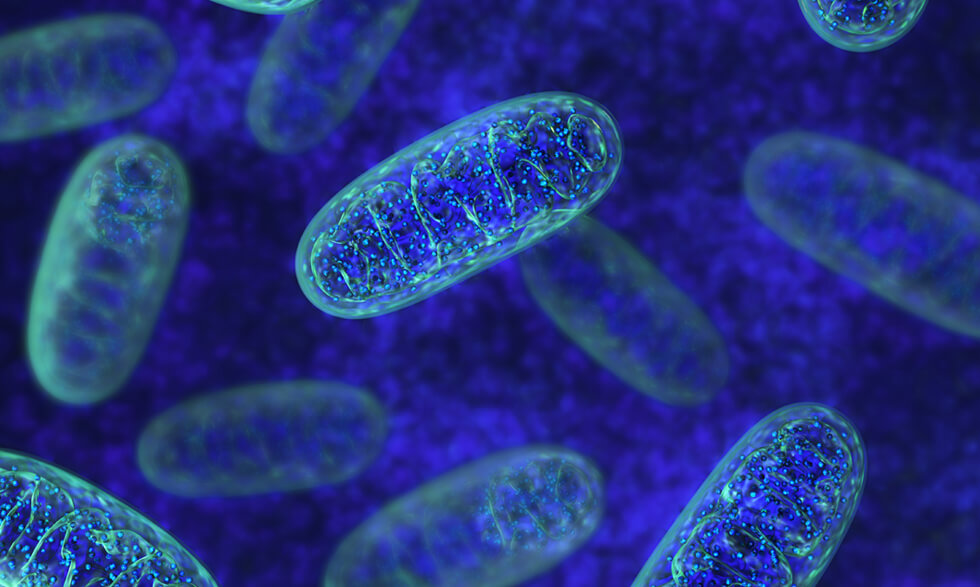
Last updated on August 6th, 2021 at 12:08 pm
A team of scientists has identified an enzyme that promotes weight gain and the loss of exercise capacity starting in midlife.
Enzymes increase the rate of chemical reactions. Through animal studies, the team found a drug that inhibits the enzyme to prevent weight gain in mice, increase fitness levels, and reduce the incidence of obesity and type 2 diabetes.
The particular enzyme is activated by a specific kind of DNA damage. But it also may affect the metabolism, which controls digestion and waste elimination.
The researchers thought reducing DNA-PK activity could cause fat burning. They tested their theory with a drug that inhibits DNA-PK. Mice that took the drug had a 40 percent decrease in weight gain when fed a high-fat diet.
The team is led by Jay H. Chung, an endocrinologist at the National Heart, Lung, and Blood Institute. It also included researchers from the National Institute of Diabetes and Digestive and Kidney Diseases, and five universities.
The findings could lead to the development of a new type of weight-loss medication.
